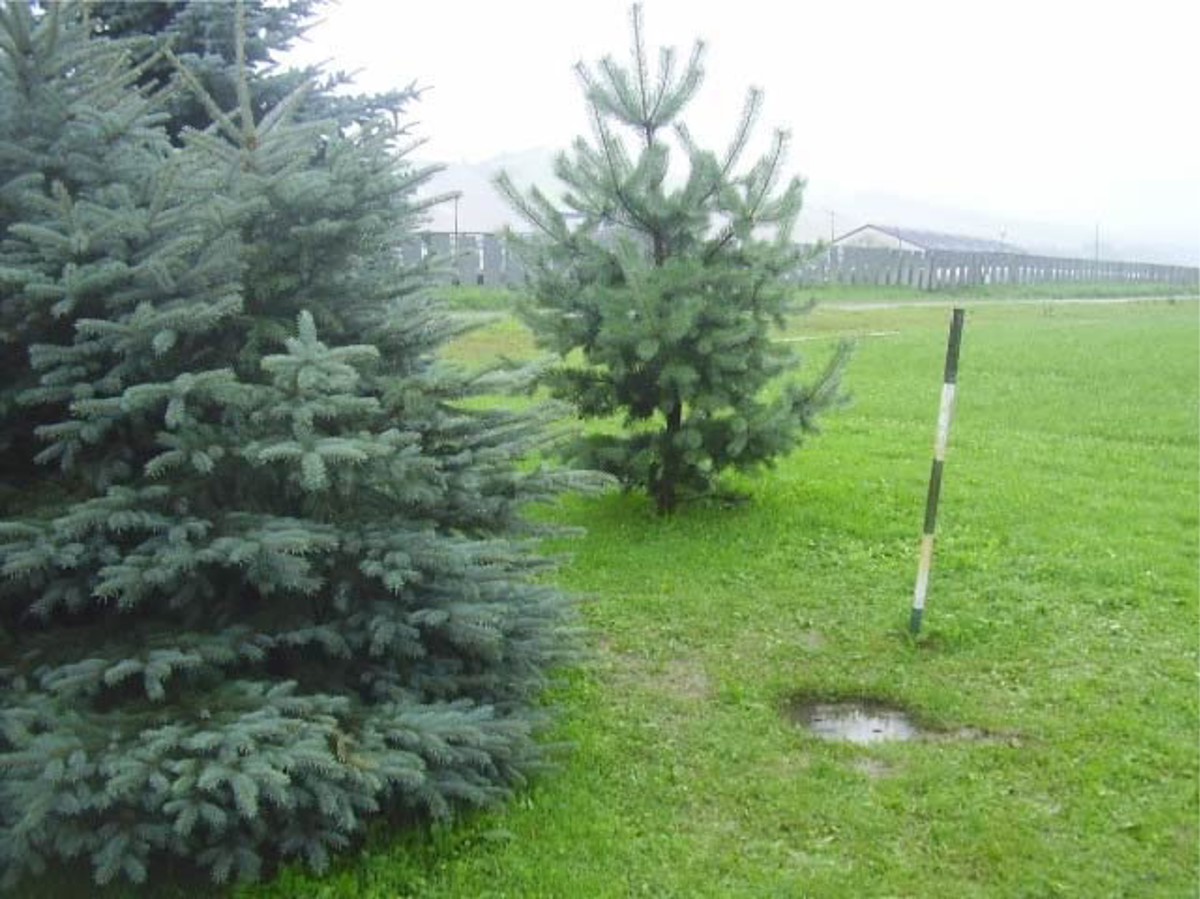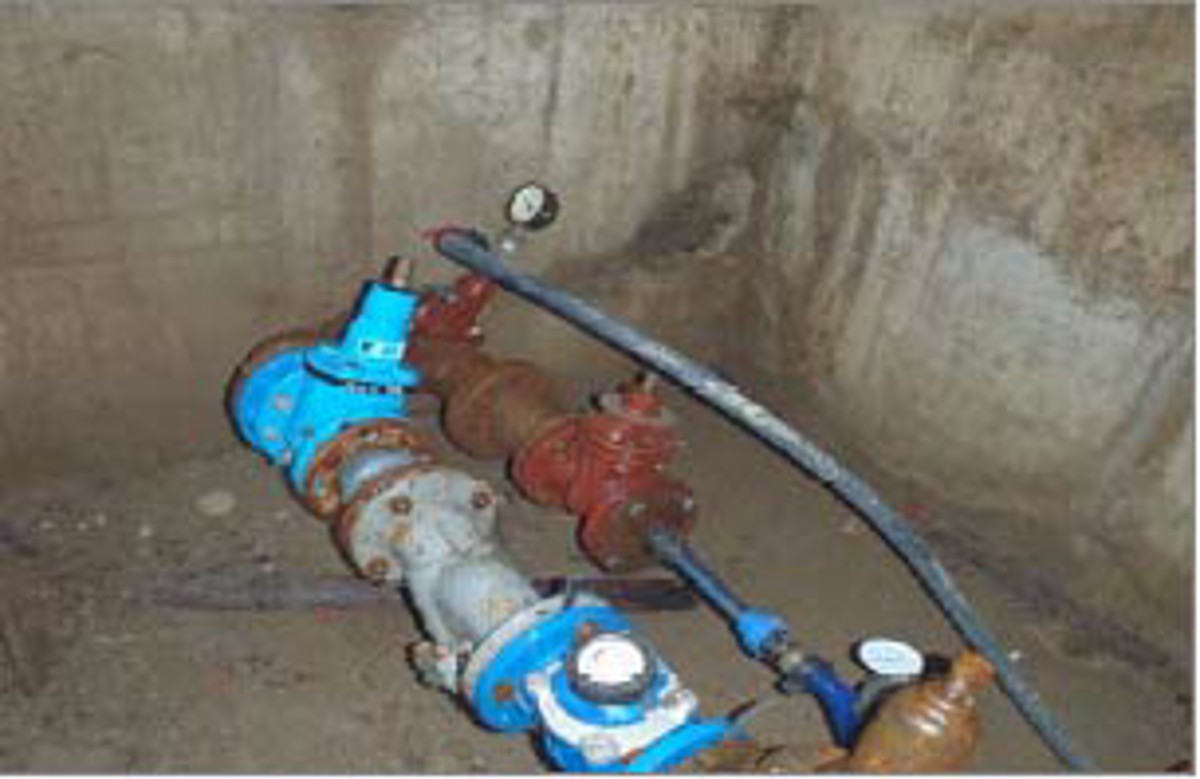Major injury suffered in confined space incident
- Safety Flash
- Published on 29 February 2012
- Generated on 21 February 2026
- IMCA SF 02/12
- 2 minute read
Jump to:
An incident has been brought to IMCA’s attention in which a person suffered severe brain damage as a result of entering a confined space to read a water meter.
What happened?
He had not used his equipment to check whether the atmosphere in the chamber was safe, which was later measured as containing six percent oxygen.
Two water meter readers attended a water meter chamber some 1.8 metres deep to carry out a ‘routine’ meter reading. They had carried out an atmosphere check using a single channel oxygen gas monitor of the previous chamber and as the atmosphere for this was found to be ok, they assumed that the existing chamber was also suitable for entry and did not carry out a gas check. The first meter reader entered the chamber and the second meter reader was distracted for approximately ten seconds and when he next looked into the chamber he observed his colleague slumped unconscious at the bottom.
The second meter reader then immediately entered the chamber to rescue his colleague, but had to exit quickly as he was unable to breathe. After failing to rescue him a second time he raised the alarm at a nearby farm. The emergency services arrived after 15 minutes and pulled the meter reader out. They attempted to resuscitate him at the scene and en route to hospital. Despite this and specialist re-oxygenation therapy in a hyperbaric chamber, the employee suffered severe brain damage which is likely to prevent him from working for the rest of his life. He had been unconscious for approximately 15 minutes in what was later measured as an atmosphere containing six percent oxygen.
Investigations into the circumstances of this tragic incident are still on-going and any further learning will be shared. This safety alert highlights the dangers associated with confined spaces and the critical importance of following appropriate confined space entry and rescue procedures and to always use relevant equipment.
Members are reminded of IMCA safety promotional materials as follows:
- Confined space: the dangers (pocket card, video)
IMCA Safety Flashes summarise key safety matters and incidents, allowing lessons to be more easily learnt for the benefit of the entire offshore industry.
The effectiveness of the IMCA Safety Flash system depends on the industry sharing information and so avoiding repeat incidents. Incidents are classified according to IOGP's Life Saving Rules.
All information is anonymised or sanitised, as appropriate, and warnings for graphic content included where possible.
IMCA makes every effort to ensure both the accuracy and reliability of the information shared, but is not be liable for any guidance and/or recommendation and/or statement herein contained.
The information contained in this document does not fulfil or replace any individual's or Member's legal, regulatory or other duties or obligations in respect of their operations. Individuals and Members remain solely responsible for the safe, lawful and proper conduct of their operations.
Share your safety incidents with IMCA online. Sign-up to receive Safety Flashes straight to your email.

